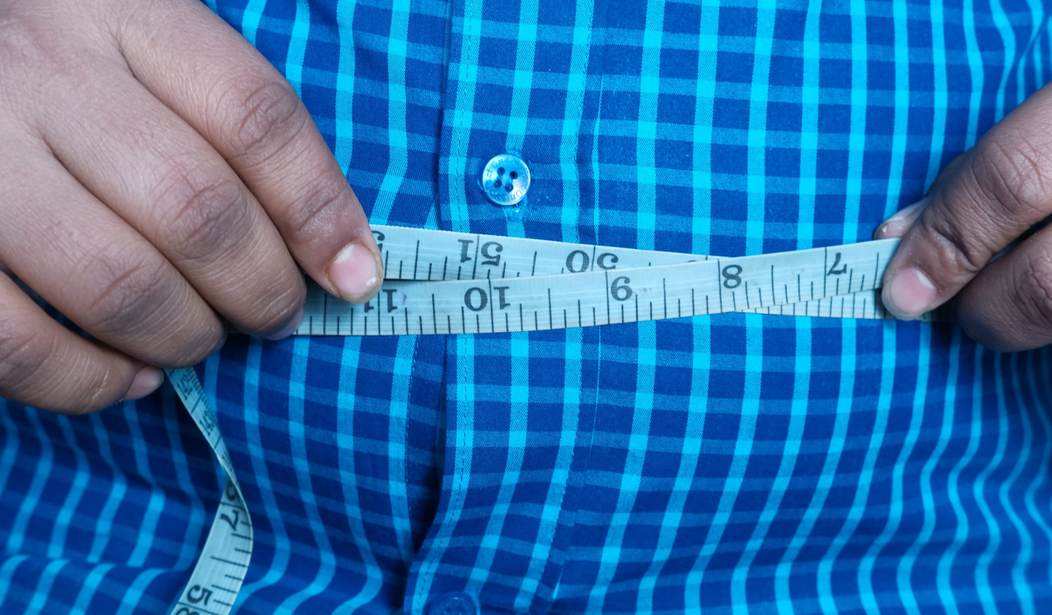Princeton University is set to host its first “Fat Positive Dinner.” According to the Princeton Women’s Center website, the event will be a space for “fat identified people to share their experiences as a fat person at Princeton in an accepting and supportive environment.” Dinner will be provided.
I have so many questions about this, the first being: we’re allowed to say “fat” now? And fat is positive? I’m so confused. I have a BA in English Literature, but in order to understand some of this left-wing nonsense, I’m beginning to feel like I should have gotten a BS. What the heck is a “fat identified” person?? Is it like someone who’s actually skinny but identifies as fat? In that case, the person probably has some kind of eating disorder. Okay, let’s back up.
According to Campus Reform, Princeton’s director of Health Promotion and Prevention Services, Sonya Satinsky, says she hopes to discuss “potential future programming focused on body size and body image” regardless of the fact that “there is not specific funding allocated for this particular initiative.” But the dinner’s title of “Fat Positive” implies that this potential programming would not come with a diet and exercise plan.
The concept of “body positivity” isn’t new. But acknowledging that the airbrushed, photoshopped images of women on magazine covers isn’t an attainable look for real live women isn’t the same as embracing an unhealthy lifestyle as if it wasn’t unhealthy. Of course a person is more than his body, and someone who’s struggling with his weight for whatever reason shouldn’t be shamed for his size. But, objectively, can we really say that fat is positive?
Obesity, which presumably is synonymous with “fat” — though in today’s lingo I really can’t be sure — means you are 20 percent heavier than what is considered normal for your height. The health risks of obesity are clearly documented. They include stroke, heart disease, diabetes, and asthma. It doesn’t really matter which way you look at it, that ain’t positive.
Of course, people who are fat (I almost wrote “overweight” but apparently we can say “fat” now) shouldn’t be discriminated against, bullied, or victimized, but that’s not the same as saying it’s great to be fat. We can hold two ideas simultaneously: that fat people are people too, and that being fat is unhealthy.
According to the CDC, 37.9 percent of adults over 20 are obese. That’s not a judgment, it’s a fact. The reason the CDC even collects data like this is because obesity leads to disease. And disease is bad. So, being fat isn’t positive, it’s negative.
While health organizations do collect data on obesity and its health risks, they don’t collect data on obesity’s moral connotations. Because there are none. Saying that fatness is bad isn’t the same as saying that fat people are bad. There isn’t any data to suggest that being fat makes you evil, or stupid, or subhuman. But there is data to suggest that being fat makes you sick. And, honestly, who wants to be sick?
Instead of telling fat people that it’s great to be fat — which is infantilizing and demoralizing since it isn’t true — what if we told them we support them on their journey to health? What if instead of a “Fat Positive Dinner” Princeton hosted a “Health Positive Dinner” where fat people could meet in an “accepting and supportive environment” to work on getting healthier? The problem with that, I suppose, would be that the attendees wouldn’t get to sit around marinating in their collective rage. They might actually have to think positively and do something to affect change. Oh well, it was just a thought.









Join the conversation as a VIP Member